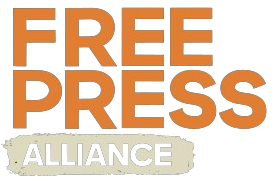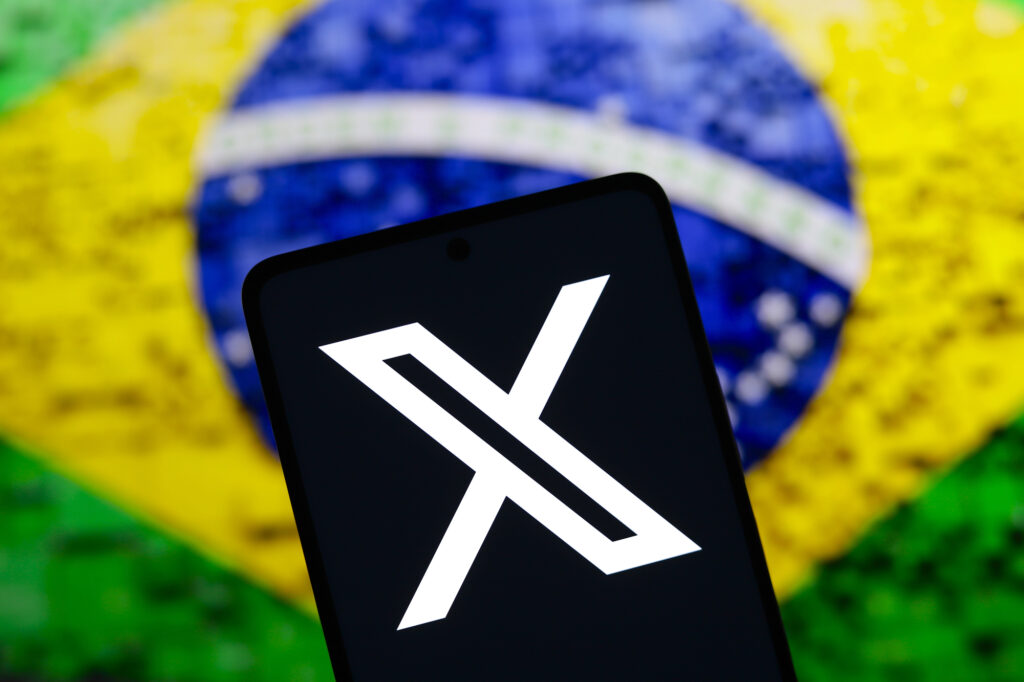Elon Musk, owner of the social network X (formerly known as Twitter), has sparked a dispute with Brazil’s Supreme Federal Court (STF) following his decision to shut down the company’s offices in the country. The controversy began after Judge Alexandre de Moraes demanded that the platform appoint a legal representative in Brazil, threatening to block access to the app if the demand was not fulfilled within 24 hours.
Musk’s move to close X’s offices in Brazil is viewed by some as an act of defiance against what he describes as censorship and restrictions on freedom of expression. He claims that the platform is being controlled by Brazilian authorities, limiting the free flow of information in a country where X has been a critical space for public debate. In response, Musk publicly stated:
“They are shutting down the number one source of truth in Brazil.”
This is not the first clash between Musk and Judge Moraes. Earlier, the judge had ordered the blocking of seven accounts linked to supporters of former President Jair Bolsonaro, sparking controversy among Brazil’s conservative sectors. Bolsonaro’s followers argued that these actions infringed on their right to free speech.
Despite the backlash, Judge Moraes received support from other STF ministers, who stressed that “freedom of speech should not be confused with the right to break the law or promote anti-democratic ideals.”
Amid this ongoing dispute, Musk has aligned himself with Bolsonaro’s supporters, accusing the Brazilian judiciary of censorship.
Currently, access to X in Brazil is only possible via virtual private networks (VPNs), as the government has blocked the platform by restricting local IP addresses. However, financial penalties have been imposed on individuals using VPNs to bypass the block.
At Free Press Alliance, we are deeply concerned about the blocking of X in Brazil, as the platform is crucial for journalists to disseminate information and for citizens to stay informed. While we reject government censorship, we also emphasize the importance of legal compliance and the responsibility of platforms in controlling misinformation.
“We will not tolerate government censorship, but we support the rule of law and respect for democratic institutions.” – Free Press Alliance

